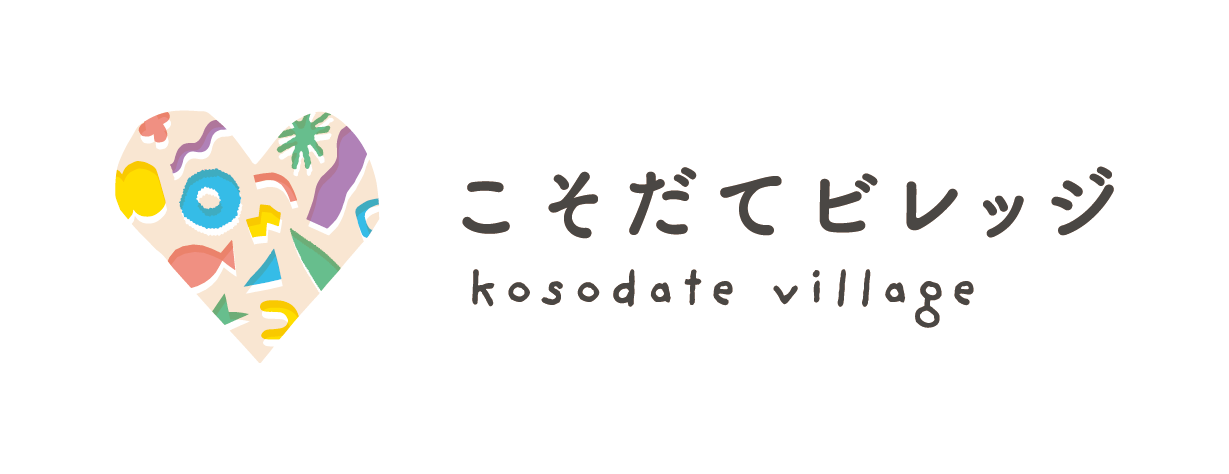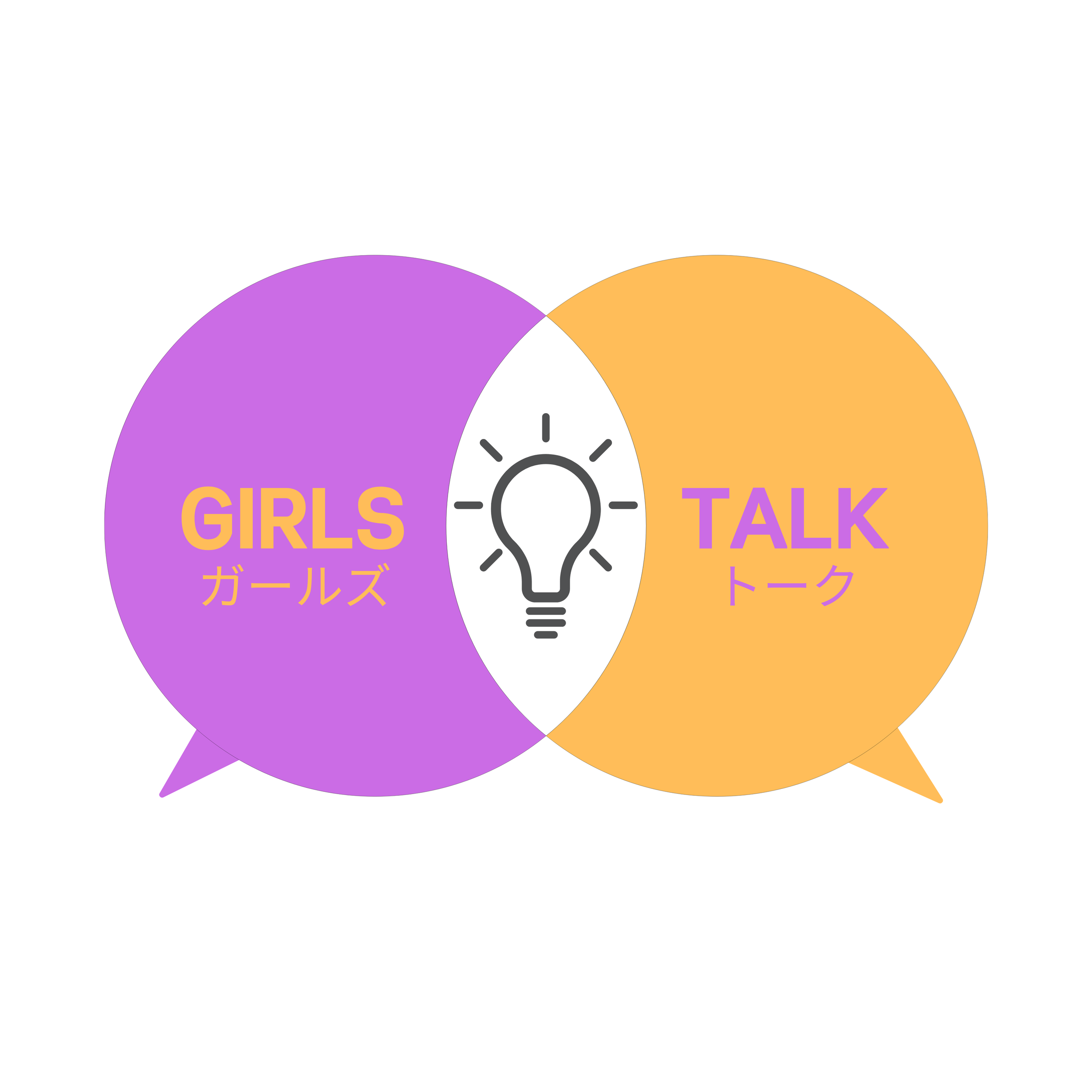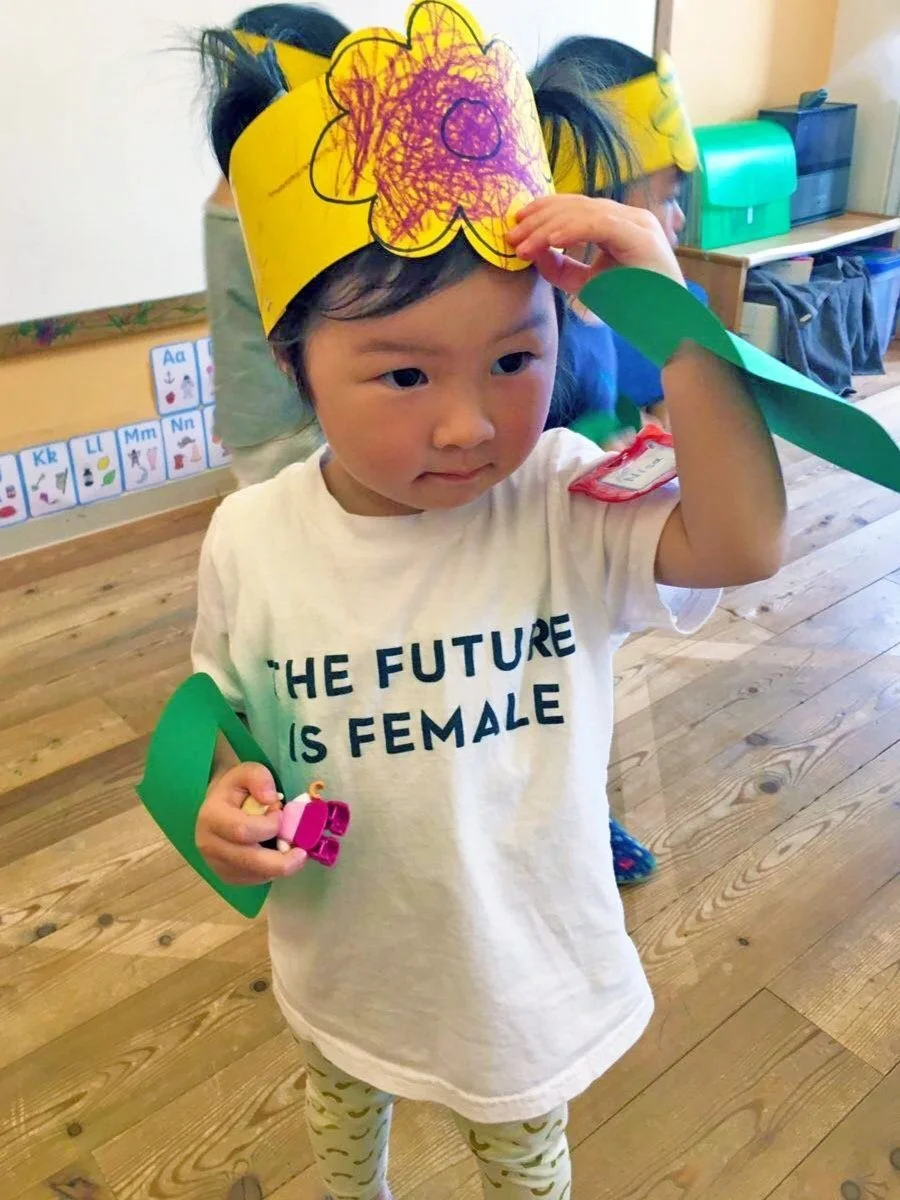Fostering a Bright Future through DEI Education
Kosodate Village offers education on social impact issues through principles of diversity, equity, and inclusion. RYOZAN PARK Montessori provides socially progressive English-language education for children aged 1-7. Girls Talk offers workshops on social impact issues for young women and our Queer Social offers a much-needed safe space for LGBTQIA+ individuals to gather and build community.
OUR VISION
A society where each individual is equally valued and empowered to reach their full potential, contributing to positive change in Japan and the world.
OUR MISSION
To nurture globally aware and confident children, offer community support and education for parents, and empower young adults with critical thinking and speaking skills through the exploration of social impact issues
What is Diversity, Equity and Inclusion (DEI) all about?
Diversity is the presence of differences that may include race, gender, religion, sexual orientation, ethnicity, nationality, socioeconomic status, language, (dis)ability, age, religious commitment, or political perspective. Diversity makes our society interesting and beautiful!
Equity is promoting justice, impartiality and fairness within the procedures, processes, and distribution of resources by institutions or systems. It is important that everyone should have an equal chance at reaching their full potential.
Inclusion is an outcome to ensure those that are diverse actually feel and/or are welcome. This means being inviting to all people and understanding that everyone has a unique and important experience and perspective on life.
Why is teaching DEI important?
Teaching DEI is necessary to tackle structural discrimination as it provides tools for individuals to learn to question their assumptions and think critically about how their thoughts and actions impact society.
'Structural discrimination' means discrimination that is deeply rooted in the social context and culture. It exists in both obvious and hidden places. Even obvious discrimination may be unconsciously tolerated because it looks like tradition or common sense. Some recent examples are the 2018 medical school scandal where 10 universities were found to be limiting the number of female students admitted by downgrading their exam results, and the 2021 news that the LDP allowed five female MPs to attend party executive meetings, which are predominantly male-attended, as observers, with the condition that they should not speak at the meetings.
What happens when DEI is taught?
Alternative perspectives become available to the individual.
Learning to think critically, formulate questions, and express considered opinions leads to a greater understanding of the world.
Youths and women who are properly supported and connected to role models can realise their power to effect change.
The empowerment of marginalised groups benefits society as a whole.
“Empowerment is the act of giving power to people. Empowering people to cooperate with each other to build a better society, and to acquire the ability to live while making their own decisions. The idea is that people should acquire the ability to live while cooperating and deciding for themselves in order to build a better society.”
— Shogakukan Digital Daijisen






